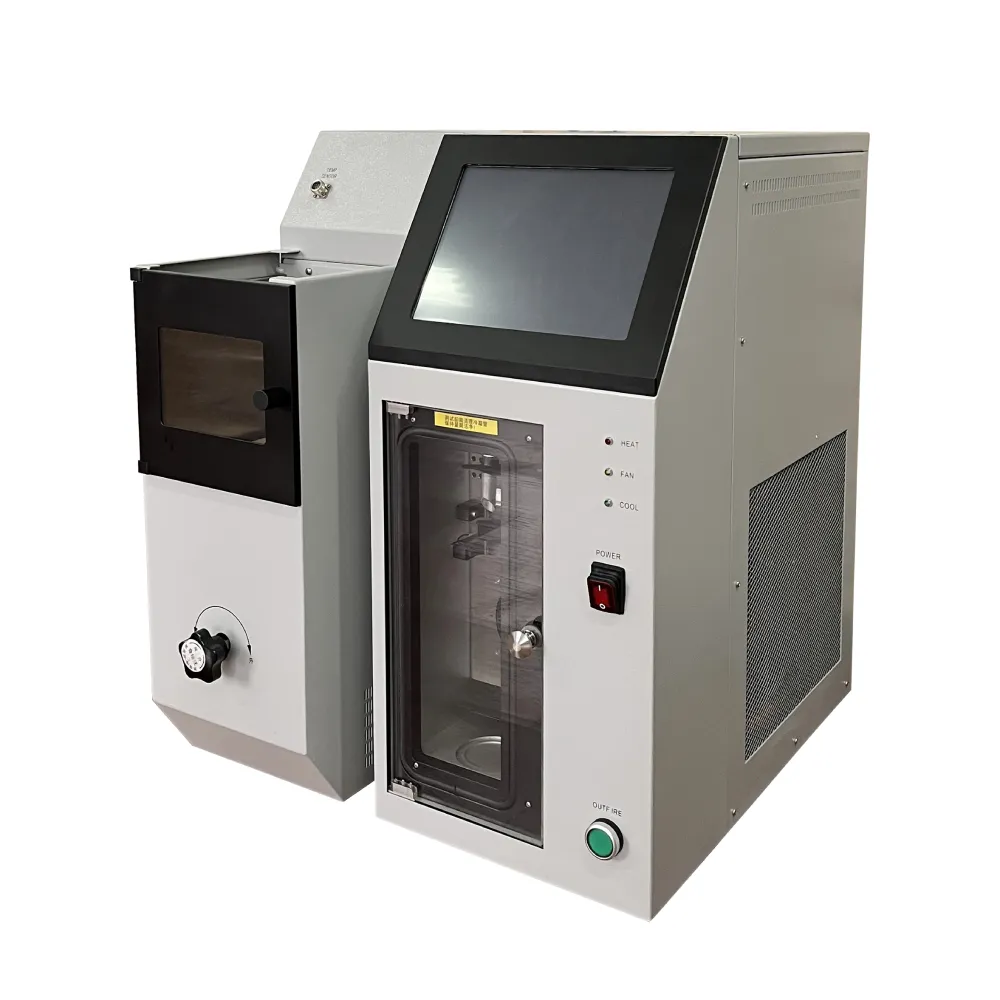 English
English


Power Factor Testing Solutions | Ensure Optimal Performance
Understanding Power Factor Testing Importance and Procedures
Power factor testing plays a critical role in managing electrical systems, ensuring their efficiency, reliability, and safety. The power factor (PF) is defined as the ratio of real power (measured in watts) to apparent power (measured in volt-amperes). It is an important parameter in electrical engineering that indicates how effectively electrical power is being converted into useful work output. A power factor of 1 indicates that all the power is being used effectively, while a power factor less than 1 signifies the presence of reactive power, which does not contribute to actual work.
Understanding Power Factor Testing Importance and Procedures
Power factor testing is performed to assess the efficiency of electrical installations, identify problems with load distribution, and determine corrective actions that may be required. The procedure typically involves the use of a power factor analyzer or meter. These devices measure the real and reactive power, allowing engineers to calculate the power factor and assess the health of the system.
power factor testing

During the testing process, it’s essential to consider the load conditions under which the measurements are taken. Testing should ideally be performed under typical operating conditions for an accurate representation of system performance. Besides calculating the power factor, testing may also reveal harmonics and other parameters that can impact system efficiency.
One common approach to improve power factor involves the installation of capacitors, which provide reactive power support to the system. This method helps to counteract the effects of inductive loads, such as motors and transformers, which typically lower the power factor. By shunting capacitors across the load, utilities and businesses can enhance their overall power factor and reduce energy costs.
In conclusion, power factor testing is vital for ensuring the efficiency and reliability of electrical systems. Regular testing can help detect inefficiencies, reduce operating costs, and enhance the lifespan of electrical equipment. By understanding and managing power factor, industries can contribute to a more sustainable energy future.
-
Differences between open cup flash point tester and closed cup flash point testerNewsOct.31,2024
-
The Reliable Load Tap ChangerNewsOct.23,2024
-
The Essential Guide to Hipot TestersNewsOct.23,2024
-
The Digital Insulation TesterNewsOct.23,2024
-
The Best Earth Loop Impedance Tester for SaleNewsOct.23,2024
-
Tan Delta Tester--The Essential Tool for Electrical Insulation TestingNewsOct.23,2024





